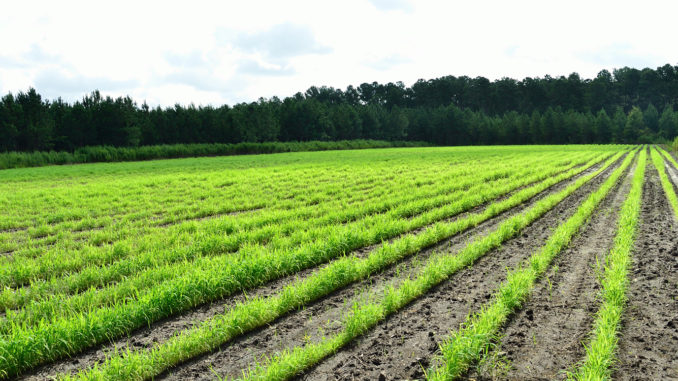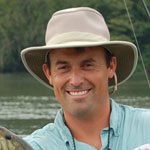
In order to have a healthy and productive fish pond, manipulation exercises should occur almost every month of the year, and winter might be the most-important season to conduct pond-management activities, specifically winter drawdown. Pond levels should be dropped from November through February.
All ponds should have a method of controlling water levels. Winter drawdown is the most useful and economical tactic available. Depending on the size of the pond and the availability of deep water, the pond should be dropped to expose 30 to 40 percent of the pond bottom. If ponds lack extensive deep water, they should be dropped less to prevent catastrophic fish loss. But the drawdown should expose as much pond bottom as possible, restricting water to deeper sections only.
Drawdown encourages population control when forage fishes are overabundant. Lowering the water congregates the forage, and large predator fishes, preventing forage fishes from having protection in shallow water. The larger prey fishes, such as largemouth bass and catfish, will reduce the population of the smaller fishes over the winter, also allowing bigger fish to put on excess weight.
If ponds are experiencing noxious weed problems in the shallower sections, winter drawdown will directly affect these weed banks in a negative fashion. Often, weeds around the pond margins and in shallow areas become problems in the summer, growing in huge mats. While some weeds are beneficial, noxious aquatic weeds will get out of control and must be controlled. Ponds become sinks for nutrient runoff in agriculture settings, and the shallow water allows for full sunlight penetration, allowing unrestricted growth. Drawdown will expose these weed banks to air-drying and freezing temperatures, often killing many of these problem weeds. While drawdown will not completely-eradicate weed problems, winter drawdown will help combat noxious aquatic weeds in shallow areas.




Be the first to comment